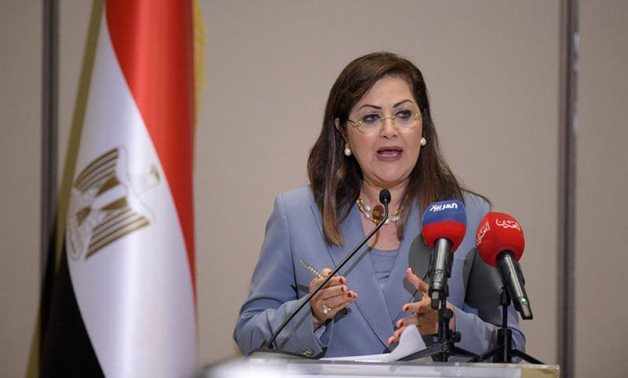Egypt faces sharp rise in costs to finance proposed $30bln deficit
- Date: 17-May-2022
- Source: Zawya
- Sector:Financial Markets
- Country:Egypt
Egypt faces sharp rise in costs to finance proposed $30bln deficit
As well as the two events sparking a portfolio investment outflow calculated at $20 billion by the country's prime minister, the Ukraine war delivered a new shock to Egypt's tourism sector - an important earner of foreign currency - as well as driving up the price of wheat and other key commodities required for the government's vast food subsidy programme.
The price of Egypt's 2032 dollar-denominated Eurobond is currently about 75 cents on the dollar, falling as investors drawn in after the IMF-monitored reforms of 2016 grow increasingly wary of the government's finances.
That suggests Egypt will have to pay higher rates if it seeks to issue more bonds, even as it tries to diversify its debt with green, sharia-compliant and yen-denominated samurai bonds.
James Swanston, Middle East and North Africa Economist at Capital Economics, pointed to the "quite significant" increase in the proportion of Egypt's debt issued in foreign currency in recent years.
Medium- and long-term external debt more than tripled to $121.5 billion over the seven-year period to Oct 1, 2021, according to central bank data.
"The risk is that if, as we expect, the (Egyptian) pound weakens further, it pushes up the debt (to GDP) ratio further, and also that any attempt




















